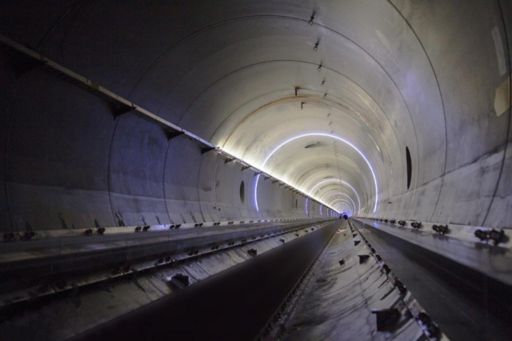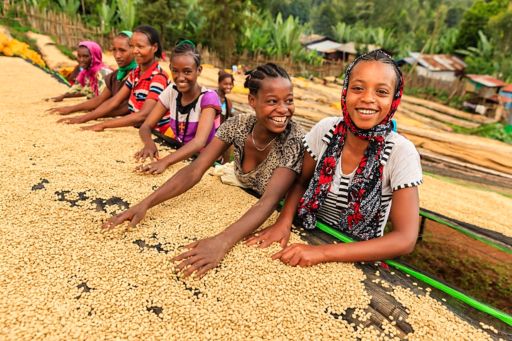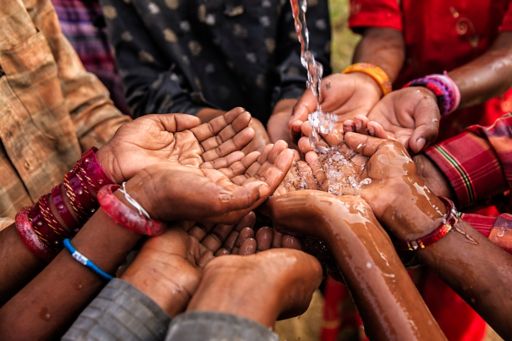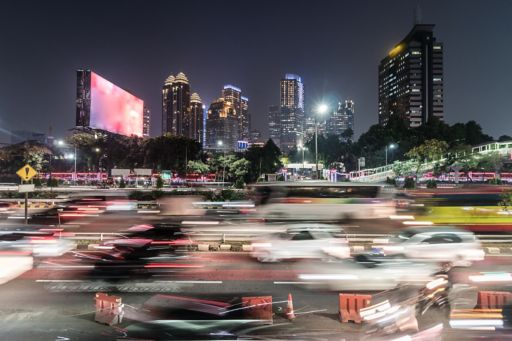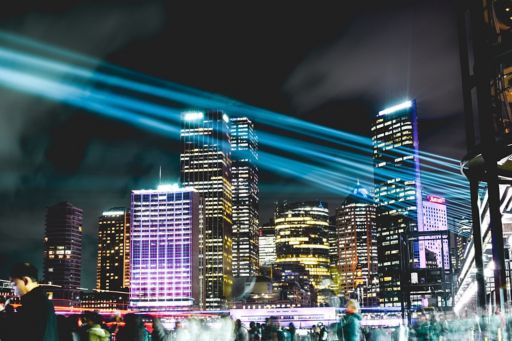Contributors
Mariano Sánchez, Partner, KPMG in Argentina
Diego Fernández, Secretary of Social and Urban Integration City of Buenos Aires
Rapid urbanization has led to growing informal settlements in many cities across the emerging markets
Rather than bulldoze them, Buenos Aires is working to empower them.
There are a number of global issues that sit at the top of the public consciousness. The unchecked spread of informal settlements is not one of them. That is a shame.
The reality is that more than a billion people currently live in informal settlements and slums around the world. Some 62 percent of urban populations in sub-Saharan Africa live in slums. So do about 24 percent of people living in cities in Latin America1.
Sadly, that number is growing quickly — according to UN-Habitat (the UN program that tracks these things) — more than 3 billion people will live in urban slums by 20502. If estimates for global population growth are correct3, that will mean that more than one-in-three human beings will be living in sub-standard conditions within the next 30 years.
A problem that can't be ignored
"The growth of informal settlements is definitely one of the most relevant issues of today" argued Diego Fernández, Secretary of Social and Urban Integration with the City of Buenos Aires. "With other important global problems, such as global warming, we're at least aware of its significance and trying to move in the right direction, albeit too slowly. When it comes to the growth of informal settlements, we're moving in the entirely wrong direction. And we're moving in the wrong direction quickly.”
The impact that informal settlements have on their residents and their surroundings are fairly obvious. As UN-Habitat notes, ”Compared to other urban dwellers, people living in informal settlements, particularly in slums, suffer more spatial, social and economic exclusion from the benefits and opportunities of the broader urban environment.4”
Those in informal settlements often lack access to health services, municipal services and employment opportunities. They are often discriminated against by the city's other inhabitants. Violence in informal settlements is rife. Opportunities for personal development and economic growth (through legal means) are rare.
Facing the challenge
Buenos Aires wants to change this cycle of exclusion. And they are taking bold steps in order to make that happen.
“This Government's policy objective is to create the right conditions to allow these areas and people living in them to achieve a high level of sustainable development,” added Fernández.
We spend a lot of time going door-to- door talking to families about the services that are available to them and how they can access them.
Bienvenido a Barrio 31
Tucked between Buenos Aires' main railway station and its port, Barrio 31 is one of the oldest informal settlements in Latin America. It is home to more than 40,000 people who live in its 10,000 (mostly poorly constructed) buildings.
The settlement is currently separated into two areas by an old highway which is now being moved south of the city to ease traffic flow and reduce congestion. And that has provided the city government with an excellent opportunity to improve the lives of the people in Barrio 31.
As part of the Barrio 31 Initiative, kilometers of roads are being paved, providing residents with more choices for mobility. Storm water and sewer networks are being installed, thereby improving health conditions. Secure sources of water and power are being provided. They have already completed the works on more than 12 kilometers of this vital infrastructure. Moreover, newly installed public lighting is helping to improve security in the streets and open spaces. Parks, recreation facilities and green spaces are being created and improved.5
Delivering on the promise
“Hard infrastructure is key to enabling the development of these areas — roads, power, housing and services are all vital to economic empowerment,” added Fernández. “But our focus is on changing the softer realities — things like health, education and economic development. And that takes more than just hard infrastructure.”
Significant focus is being placed on the softer aspects. For example, residents of the Barrio have access to financial inclusion workshops, employment services and advice on a range of issues such as housing, health, education, justice, work, income and social policy. A new Health and Community Action Center is being developed to bring health services closer to the community.
“We've increased health clinic availability 5-fold in the Barrio over the past few years. But if people don't use the facilities, it's not worth anything,” noted Fernández. “We spend a lot of time going door-to-door talking to families about the services that are available to them and how they can access them.”
Integrating into the wider city
The Buenos Aires Government also recognizes that informal settlements do not exist in a vacuum. If the City wants to help the residents of the Barrio integrate into the urban fabric, it will require the support of the broader residential and business community.
“We want people in the surrounding areas to understand that the real difference between them and the residents of Barrio 31 is not the people themselves but rather the opportunities available to those people,” added Fernández.
The City has also been successful in attracting businesses into the area. Santander (a global retail and commercial bank) recently opened a branch in the Barrio. McDonald's will open a restaurant later this year. Fernández expects a number of other announcements to be made soon.
A template for success?
The Barrio 31 Initiative has captured the attention of development banks, policy makers, academics and not-for-profit organizations. The World Bank has put US$170 million in credit towards funding many of the needed infrastructure projects. The Inter-American Development Bank has also extended a US$150 million credit note to the project to help drive programs aimed at improving public spaces and redeveloping housing. In addition, in 2018 the International Society for Performance Improvement gave Barrio 31 its Roger Kaufman Award for Outstanding Social Impact.
“We - the City of Buenos Aires, our citizens and the Development Banks that support this project — see this project as a way to not just improve the lives of people in Buenos Aires, but also as a template for other cities in Latin America — and maybe around the world — to start helping informal settlements integrate into the cities around them,” added Fernández. “It is a global issue that cannot be ignored any longer.”
Footnotes:
- Towards sustainable cities (PDF 440 KB)
- UN-Habitat: United Nations Human Settlements Programme
- Department of Economic and Social Affairs
- Habitat III Issue Papers (PDF 226 KB)
- The Urbanization of Barrio 31


